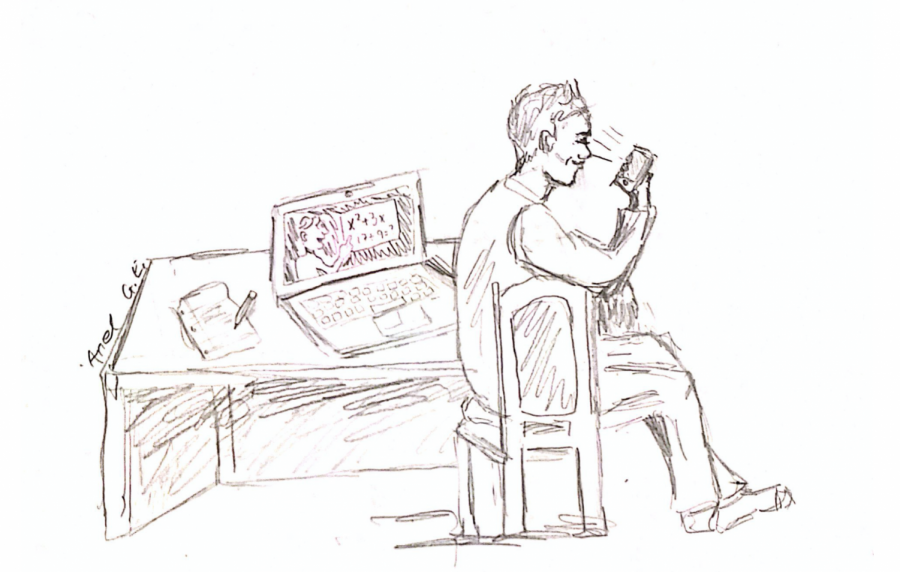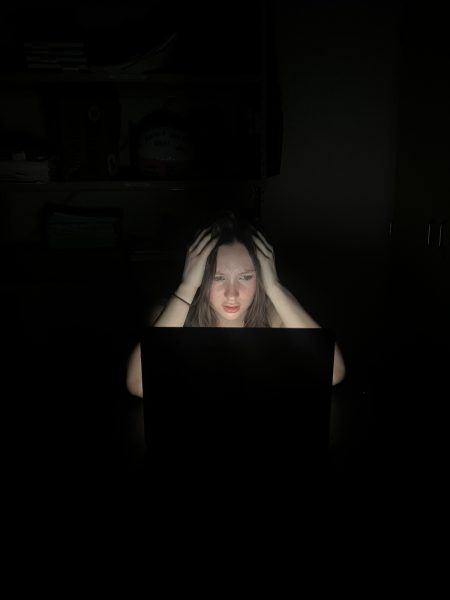Do teens have the attention span of a goldfish?
The exponential increase in the possibilities of technology within the past couple of decades has had a huge effect on the average person’s life. Inventions like the internet, smartphones and social media have been great assets for many people, allowing for instant communication with others. People now find themselves able to do things they never thought possible, such as work from home all the time or FaceTiming someone across the world.
As many perks as technology has, though, there are accompanying negative impacts. Arguably the worst is how instant entertainment has affected the youth in particular. Often, teens find themselves unable to focus when reading a book or writing a research paper. With constant distractions from technology at nearly everyone’s fingertips, it is common to pick TikTok over homework.
This is something we should all be concerned about. Though this insight often comes from overbearing parents and concerned but sometimes frustrating teachers, it is not an unfounded concern.
There are just too many things competing for a person’s 24 hours in this new age. Some things just blatantly take more effort and more thought control, such as homework and reading. Considering the rates of depression in young people nowadays, when the school day is over, it sounds nice to just lay down and scroll through your Instagram feed. Due to the way social media is designed, it becomes very difficult to stop. It is almost as if Newton’s first law applies to the mind as well as matter, once in motion the brain does not want to stop getting the instant gratification of a satisfying video of a dog being combed or a new comment on your latest post.
This is a problem that I have noticed in my own life, especially during the pandemic when we are all locked at home. It can feel isolating, and communicating with others via social media is a great way to feel at least a little bit better. A lot of people have found that they can relate to each other, even strangers, which is such a uniting feeling. This leads to more phone usage, though, and with our devices directly next to us all day during our online classes, it almost feels like it is calling our name. After all, would I rather listen to my math teacher or look at a meme my friend sent?
Even the structure of most social media platforms encourages faster means of communication. Up until a few years ago, Instagram solely allowed for one minute videos or less. This led people to be innovative with what they were trying to get across, as everyone was shortening their messages to fit within that time frame. The same is true for Snapchat and TikTok.
Since we are so used to receiving and understanding a full message within such a short period, it is exponentially more difficult to sit through the hour or more long classes that we have four times a week. Many even have trouble sitting through a film more than an hour and a half long.
It is not certain what this means for our future, but it seems to be heading towards a decrease in literature and a rise in exciting entertainment. That does not sound so bad to some, but we have to realize that if we keep going in this direction, creativity will have less of a place in society and will be replaced by anything that can generate the most views.














Dorian Anthopolos • Feb 20, 2021 at 3:13 PM
Great read!!